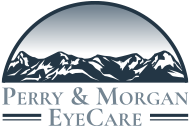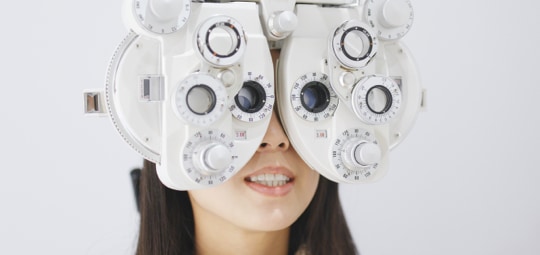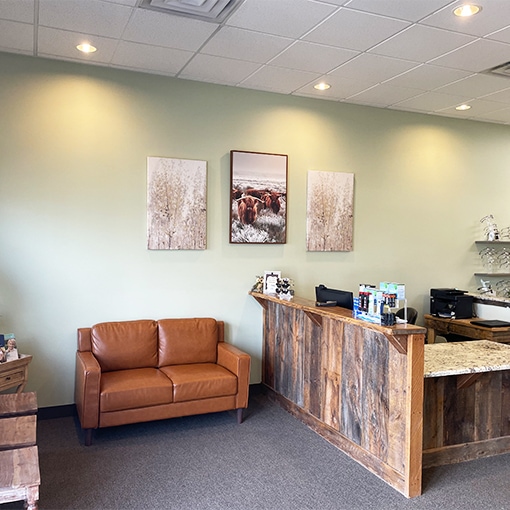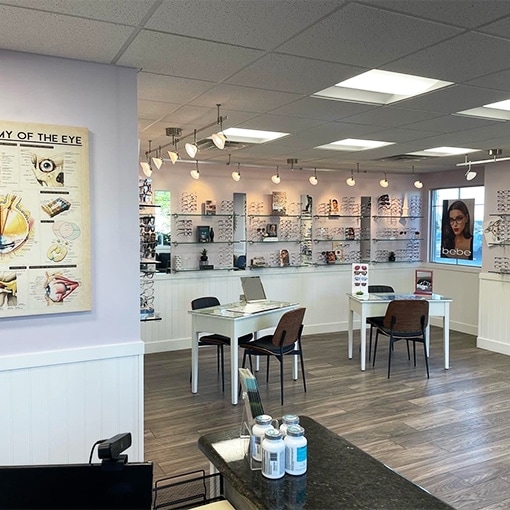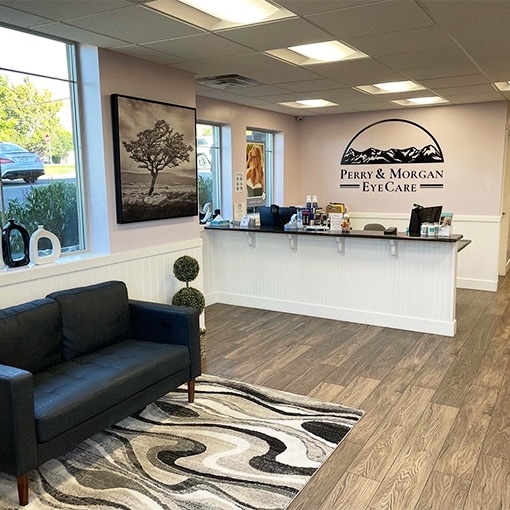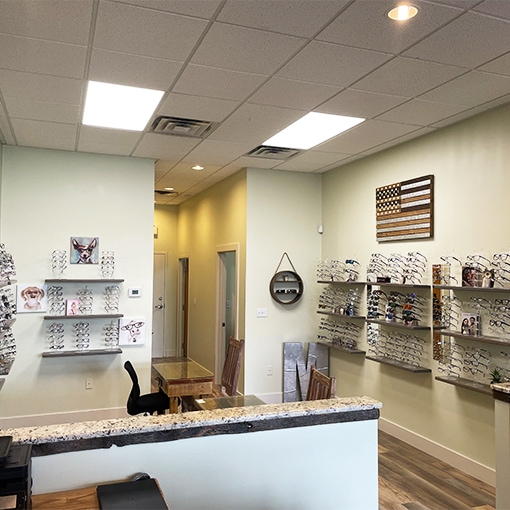Investing in Healthy Vision
Supporting healthy eyes and vision means visiting for regular eye exams, not just when there’s a problem. Eye exams can identify issues before they show symptoms and cause damage.
During an eye exam, we’ll run tests on your visual acuity and check for any refractive errors. These tests can help us determine if vision correction methods like glasses or contact lenses are needed.
If you have any questions before, during, or after your appointment, our team is always happy to answer anything you’re curious about.
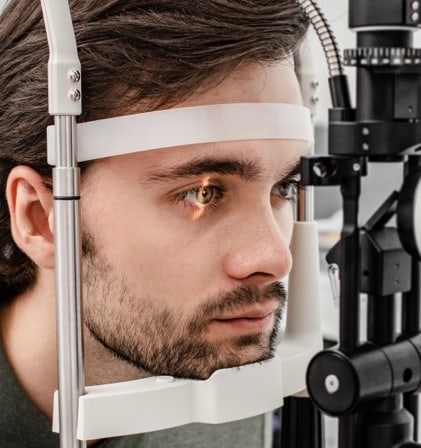

How Often Should You Have an Eye Exam?
Just as it’s important to visit your doctor for regular physical exams and your dentist for regular dental checkups, your eye exams should be a regular part of maintaining your health.
The American Optometric Association recommends patients ages 18–64 visit for an eye exam at least every 2 years. For patients over 65, yearly eye exams are recommended. Depending on certain health conditions, such as diabetes, more frequent eye exams might be needed.
During your eye exam, we’ll typically do the following:
- Test visual acuity and refractive errors
- Pupil evaluation with or without dilation
- Examination of peripheral visual field
- Color vision testing
- Analysis of the visual systems
- Examination of the external parts of the eye
- Intraocular pressure measurement
- Examination of the health of the internal parts of the eye

Common Eye Diseases
One of the most important parts of an eye exam is checking for eye diseases that could develop without your knowledge. As some eye diseases develop without any symptoms, regular eye exams are one of the only ways to identify and manage the disease early.
Cataracts
Cataracts occur as the natural lens of the eye becomes clouded. Once clouded, patients can have a hard time seeing objects and colors clearly. Cataracts can develop in everyone’s eye naturally over time but can be caused earlier by smoking, diabetes, eye injury, or UV ray damage.
Vision change due to cataracts may be corrected with increased lens prescriptions. To restore clearer vision, cataracts need to be removed surgically. Cataract surgery involves removing the eye’s clouded lens and replacing it with a new artificial lens.
Glaucoma
Glaucoma is a group of eye conditions that target the optic nerve. The disease is one of the leading causes of blindness in patients over 60 years of age. As glaucoma often doesn’t show early warning signs, a patient’s optic nerve can be damaged without them knowing.
If identified early, glaucoma management can help prevent vision loss and blindness.
Age-Related Macular Degeneration
Age-related macular degeneration (AMD) is an eye disease that damages the central part of the retina, affecting a patient’s central vision. AMD is the leading cause of vision loss in people over 50. There are two types of AMD, dry and wet.
Dry AMD is more common but is hard for patients to identify themselves. Symptoms may develop gradually and can make it hard for patients to see clearly.
Wet AMD is not as common as dry AMD, but it’s more serious. Wet AMD develops after dry AMD and is caused by blood vessels leaking into the eye’s macula.
Age-related macular degeneration may be prevented and managed by maintaining an exercise routine and supplementing vitamins. Wearing sunglasses to protect against UV rays is also effective.
Book Your Next Eye Exam
Is it time for your next eye exam? Book your family’s next visit today!

Our Locations
Perry Office
In Perry, Utah, you can find our office next to Wahlen Dentistry. Give us a call if you need any help finding our practice!
- 435-239-8756
- 435-239-8735
- [email protected]
- 2480 S. Highway 89 Suite B
- Perry, UT 84302
View Our Hours
- Monday: 9:00 AM – 5:30 PM
- Tuesday: 9:00 AM – 5:00 PM
- Wednesday: 9:00 AM – 5:30 PM
- Thursday: 9:00 AM – 5:30 PM
- Friday: 9:00 AM – 5:30 PM
- Saturday: Closed
- Sunday: Closed
Morgan Office
In Morgan, Utah, you can find our office across the street from First Community Bank. Give us a call if you need any help finding our practice!
- 139 N State Street
- Morgan, UT 84050
View Our Hours
- Monday: Closed
- Tuesday: 9:00 AM – 5:30 PM
- Wednesday: Closed
- Thursday: 9:00 AM – 5:30 PM
- Friday: 9:00 AM – 5:30 PM
- Saturday: Closed
- Sunday: Closed

Our Brands








